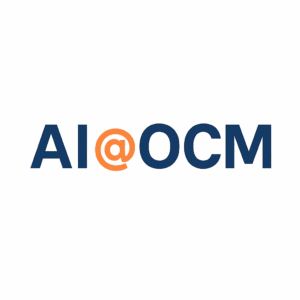Introduction Artificial intelligence (AI) is revolutionizing industries, streamlining processes, and enhancing decision-making. However, this rapid advancement brings with it significant ethical challenges, including bias, transparency, accountability, and workforce disruption. To ensure AI is implemented responsibly, organizations must embrace ethical AI strategies that prioritize fairness, inclusivity, …











